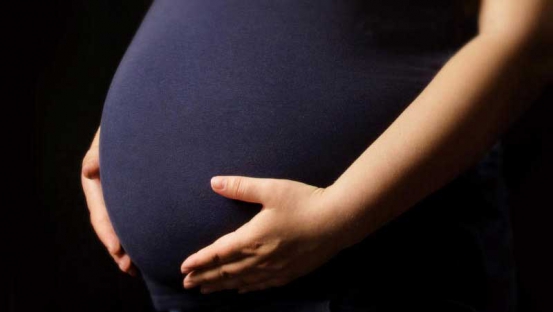×
The Standard e-Paper
Join Thousands Daily

Kilifi County has the highest number of teenage pregnancies and child abuse in the entire coastal region.
This has been largely blamed on high poverty levels in the region. Last year, there were 77 reported cases of teenage pregnancy, 44 cases of child marriage, 153 cases of defilement and 14 sodomy cases, according to County Director for Children George Migosi.